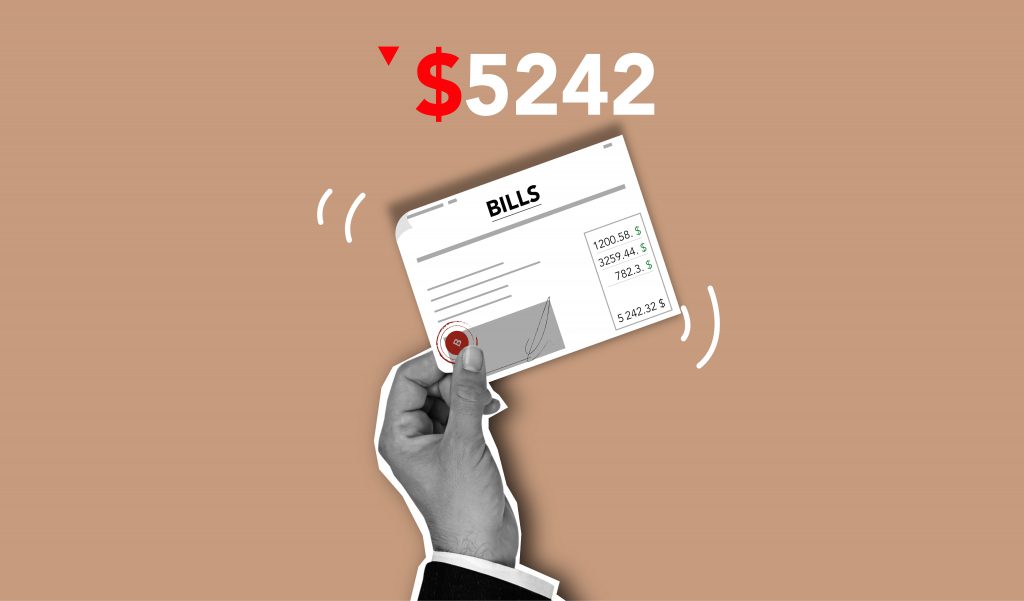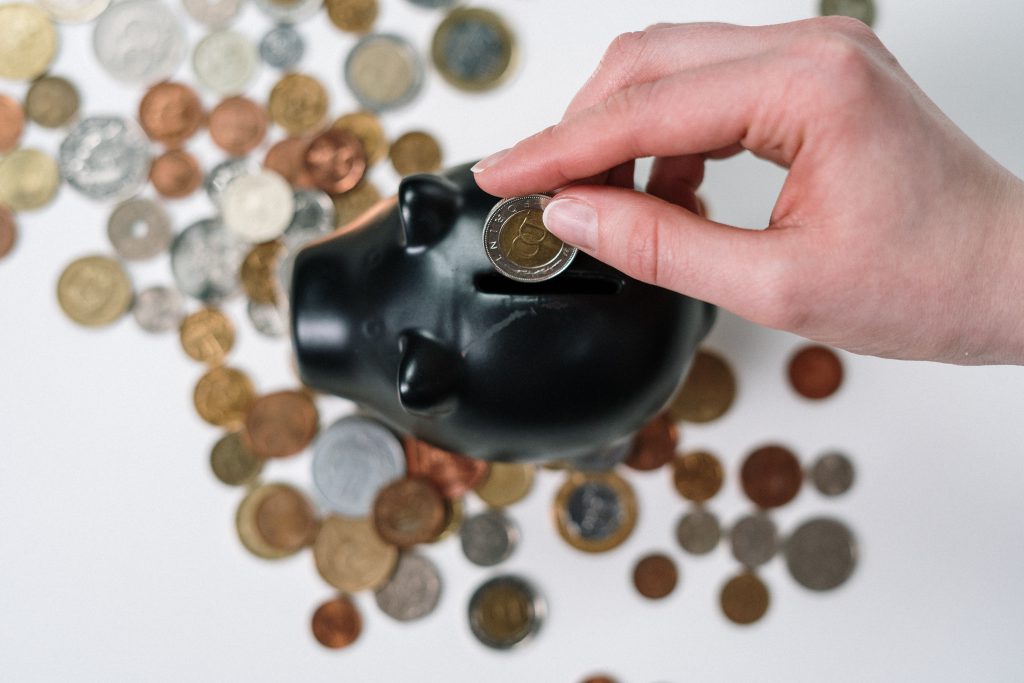The word recession is an economic term used to describe a slowdown in general economic activity. When there is a decrease in the economy’s performance, it is also declared that recession has occurred. Though recession is not usually predictable, there are ways to reduce the effects to the barest minimum. That is why in this article, we will be walking you through recession prevention and mitigation.
For recession to be officially declared, there are three criteria’s that are often used by the National Bureau of Economic Research. Though these criteria’s can be interchangeable when it comes to identifying a recession as long as each one is met to a degree: Depth, Diffusion, Duration.
How can you deal with an economic recession as an individual
There is a lot of information circulating about how severe the situation would be if a recession comes. However, we should know that not all of this circulating information can be digested raw. Even though recession is a scary occurrence, there should be proper education especially for the general public. Here are some ways you can deal with an economic recession

Paying your existing Debt
Companies and individuals with high levels of debt are especially vulnerable during a recession. If there are debts you still owe, it is a good time to start working towards paying them off. Try to be conservative about debt, especially debts incurred for consumptive purposes. Below 30% of your monthly expense is a healthy proportion of debt you can owe. However, since there is a need to prepare yourself for a recession, then it will be a good idea to change the proportion into a smaller one.
Save Money
One thing that is of utmost importance to you during a recession is your savings. Do not be wasteful. Try to ensure that you live within your means. Save money no matter how small. Buy only necessities that are of extreme importance. Also, try to meet basic needs properly. This is so that the remaining funds can be used for other things that are of more importance.
Insurance and Emergency Funds
Ideally, an emergency fund that needs to be prepared is between 3 to 6 months from the total of your monthly expenses. This is meant to help you prepare in case something bad happens during a recession. Insurance is also something you need to look into when it comes to withstanding the effect of recession. Insurance is very important, especially health insurance. This is to minimize disruption of financial cash when all of a sudden large amounts of funds are needed for health issues.
Having plenty of cash in a high interest insured account will make your money retain its full value in times of market turmoil. Not only that, your money will also be extremely liquid, giving you easy access to funds if you are laid off or are forced to take a pay cut.

Invest
When you invest in the face of a recession, you are on the right path to stand firm despite the storm. Saving and investing is important to strengthen your financial foundation. As you approach retirement age, make sure you have enough money in liquid, low-risk investments. It is equally important to invest and save especially for an emergency fund.
Look for Additional Income
Having more than one stream of income will definitely help you to withstand the effect of a recession no matter how severe. Once recession hits, if you lose one stream of income, you will still have the other one left. You can maintain a healthy financial condition through frugality. You won’t be caught unawares if there’s an emergency that needs to be met.
Apply for a productive loan
One of the above points states how important it is to look for additional sources of income. One of the ways you can do this is by opening your own business. You do not have to use a massive capital. You can simply start small and going forward, generate a reasonably decent monthly turnover. Applying for a loan can make this a reality.
How to prevent a recession
Recession is a situation that leads to abrupt downturn by interrupting economic growth. However, that does not mean that there are no measures that can be used to prevent recession. Here are effective ways to prevent a recession:

Massive Government Spending
This is one way to prevent a recession as it strengthens purchasing power. When the government spends massively, then there won’t be a stall in the economic cycle. This strategy will lead to the business world moving to be able to continue to invest.
Improve Investor Confidence
Another way to prevent recession is to put some effective policies in place to attract investors. This will boost their confidence to invest in the country’s economy. Thereafter, creating a better economic turnaround.
Assisting MSMEs
Recession can cause havoc in different sectors of the economy. MSME is one of the sectors that could suffer greatly from a recession. By channeling financial assistance to MSMEs in form of low interest loans and the likes, it is expected that the economy can withstand a downturn.


